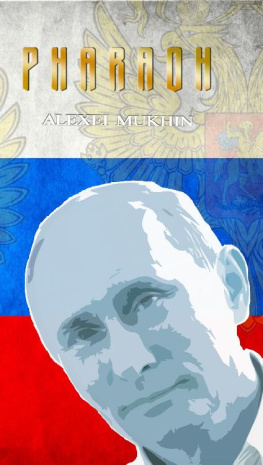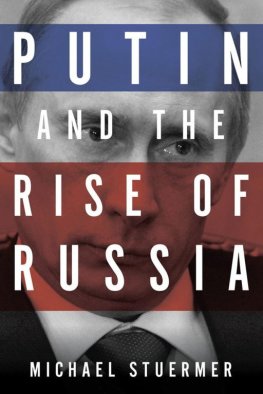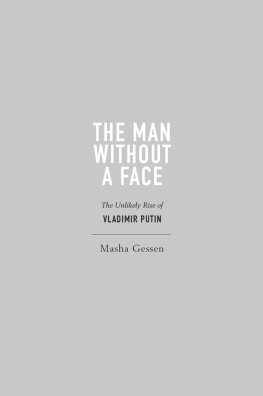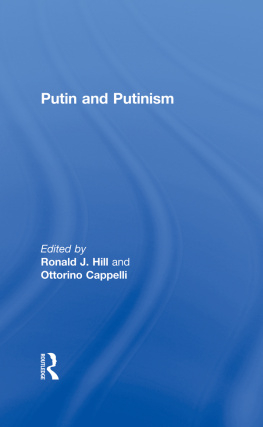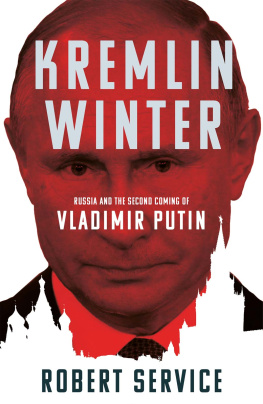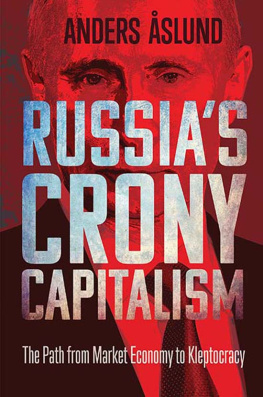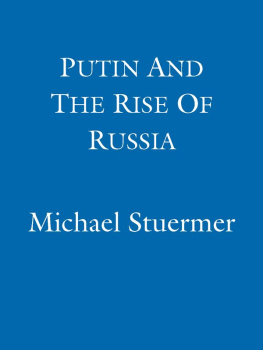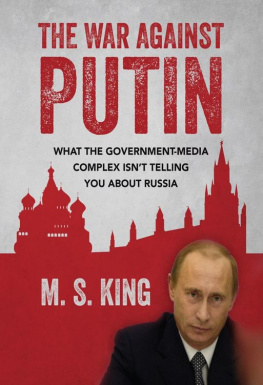FROM PUBLISHER
Address to the academic community on the publication of Pharaoh
Dear Friends and Colleagues,
The discord between the United States and Russia, which has been destabilizing the livelihood of the world community, has in our opinion reached a critically alarming phase. Time has come to intercede the endless political conflict.
We are sure that the best way to extinguish the conflict is to help sides to better understand each other. As a result, the trustees of the Arts & Science Achievement Foundation, a non-profit organization founded in 1996, have decided to commence the publication of the literary series People Who Changed the World. The series will be published from 2018 in both the United States and Russia. We will try to give people chance to see the other side objectively, putting aside the propaganda and conjectures that fill mass media these days.
Here we present for your consideration the first book of this new project Pharaoh written by the Russian historian and political scientist Alexei Mukhin.
Pharaoh provides not only the authors version of the evolution of the strong influence of Vladimir Putin on the Russian society, not only the genesis of his political growth and popularity, but also a microscopic analysis of those characteristics of the Russian president that are as greatly disfavored by his western partners as they are adored by the Russian public.
The author has attempted to answer the multitude of why questions while maintaining objectivity and, in our opinion, impartiality. He has presented the Russian understanding of those issues and problems that deeply concern those who study the interaction of the two great powers Russia and the USA.
We hope that this work will be perceived by the academic community of the USA, Canada and Great Britain as a starting point for a great discussion with Russian experts.
The founders and trustees of the Arts & Science Achievement Foundation wish to express their deep gratitude to authors, experts, politicians and students, who devote themselves to the study of the Russian-American relations and request the submissions of manuscripts pertinent to the theme of the literary series People Who Have Changed Our World for publication in Russian on the territory of Russia.
Arts & Science Achievement Foundation - http://en.asafound.org/
INTRODUCTION
Even if Vladimir Putin were to disappear for some reason from the Russian political field, a lot would continue to be done in his name. Since the moment of his proclamation as the countrys national leader, Putin has transformed into a folk hero along the lines of IlyaMuromets, the Russian epic legendary warrior, or Aleksander Peresvet, the warrior-monk who defeated the Tibetan champion warrior Chelubey in the inaugural Battle of Kulikovo against the Golden Hordes Khan Mamay in 1380, but fell in the contest.
It is interesting that the image of a warrior-monk is exploited by Putin quite often. That is why there is practically no information about his new marriage in the information field. Putin himself has declared that he is married to Russia.
Putins practice of judo is a powerful factor towards enhancing his image in the eyes of the Russian population: the people intuitively perceive their President as a protector. The efforts of the Kremlins political strategists are designed to deepen this impression.
The question Who is Mr. Putin? that was asked as early as the late 1990s and early 2000s, remains unanswered. Perhaps, it will remain unanswered for at least another ten to fifteen years.
Most likely, Vladimir Putin is a political idealist and a philosophical pragmatist who believes in his messianic mission to restore Russias national sovereignty, which the country has been losing rampantly since the beginning of the 1990s. The key to restoring this sovereignty currently lies within the framework of the Eurasian project, which is turning into an analogue of the European Union in the post-Soviet space.
The greater Eurasian project arose on the heels of the activation and dissemination of another Putins project called the Russian world . This ideologeme was used by the Kremlin to identify the Russian population scattered after the collapse of the Soviet Union throughout the post-Soviet republics and further abroad in western, southern and eastern countries. The identification was to be followed by mobilization of the whole Russian world on the basis of the Russian cultural code mediated by the Russian language.
The current project of Eurasianism carries the inception of an ideology, a special form of worldview, which may serve for a significant portion of the Russian population as a method of defining their national identity at this new stage of historical development.
When conceptually defining Eurasianism, we should note that it is a systematic view regarding the historically united territories of Europe and Asia that implies their balanced development. The timeliness of the new form of integration in the post-Soviet space is evident to the participants in the process. The collapse of the Soviet Union, committed forcibly and against the will of its population, had split up its economic infrastructure. This led to the disruption of the industrial and technological links between the regions and the overall downfall in the economies of the former Soviet republics.
Subsequent actions of the NATO countries only worsened the situation in and around Russia (e.g., the entry of the former Warsaw Pact countries into the Atlantic alliance, the construction of the joint European missile shield, supposedly to defend against Iranian missiles, etc.). As a result, with the objective of self-protection, the presidents of Russia and Kazakhstan (joined later by the president of Belarus) initiated the process of economic integration in the form of the Customs Union, raised the level of national security of these states in the form of the Collective Security Treaty Organization, and announced the modernization of the Russian Armed Forces. It was the latter factor, which, in our view, provoked the large-scale crisis in Ukraine, starting with the late 2013 coup dtat in Kiev.
Nevertheless, political integration in the post-Soviet space proved to be difficult: the leadership of other republics of the former USSR eyed the growth of Russias influence in the post-Soviet space with considerable concern, fearing a full or partial loss of sovereignty. Nevertheless, the guarantees from Putin, which the leaders of the republics received and continue to receive, do not allow them to formalize their fears into real political claims.
The Western community, in the face of then Secretary of State Hillary Clinton and the German Chancellor Angela Merkel, reacted with similar anxiety to the attempts to organize the integration process on the former Soviet territory in the form of the Customs Union, as well as other processes within the framework of

